While population growth lies at the root of many environmental problems, concerned citizens often feel disempowered from addressing it. A popular initiative in Switzerland may provide a blueprint for activists in other developed countries.
by Roland Schmutz
After Swiss voters narrowly rejected joining the European Economic Area in 1992, the European Union and Switzerland began negotiations on seven sectoral agreements (Bilateral 1 Treaties). These sectoral agreements on the free movement of persons, technical barriers to trade, public procurement, agriculture, land transport, air transport and research were concluded in 1999 and came into force on June 1, 2002.
By accepting the Bilateral 1 Treaties with the EU, Switzerland also said yes to the free movement of people with the EU states. Since then, it has been de facto impossible to control or even limit immigration to Switzerland. The Swiss population is growing by 60,000 – 110,000 people every year, which corresponds to an average annual growth rate of 0.93%. The country has grown by 1.5 million people (19.7%) since the “Bilateral 1” trade agreements with the EU came into force in 2002.
No other EU country has anywhere near as high a population growth due to immigration as Switzerland.

Switzerland is a strong magnet for jobseekers from the EU. The free movement of people allows entry without major bureaucratic hurdles. Every new job created spurs the creation of further new jobs. This spiral keeps turning and leads to a constant demand for more skilled workers.

With rapid population growth, it is becoming apparent that Switzerland’s infrastructure is reaching its limits. Traffic jams on highways are a daily occurrence, often even on Sundays. Hours of annual traffic congestions have more than quadrupled over the last 20 years.

Trains are so overcrowded at rush hour that commuters frequently have to stand. Rental prices for flats are rising, with decent offers attracting hundreds of interested parties. Very few people will soon be able to afford to buy living space, and if they do, it will be densely built living space. Building a single-family home will soon be seen as absurd. Local recreation areas are disappearing as they are displaced by settlement areas. Cultivated land is also being lost to residential and commercial developments.

These trends, driven by rapid population growth, show no signs of slowing down, although Switzerland already has a low per capita share of arable land compared to the rest of Europe.

And now we are realizing that our quality of life is suffering from this high population growth. We notice that welfare is giving way to the supposed increase in prosperity. We see how we are losing our home.
In order to counteract this development, the Swiss People’s Party (SVP Switzerland) launched its “Sustainability Initiative – No 10 Million Switzerland” on July 4, 2023. The SVP is a proudly nationalist, politically conservative, economically liberal and Eurosceptic political party founded in 1971. With 28% of the vote, it is the strongest party in Switzerland and represents the largest faction in the Federal Assembly.
The No 10 Million initiative requires the following:
- Switzerland’s permanent resident population (including all Swiss nationals with a main residence in Switzerland as well as foreign nationals with a residence permit for at least twelve months) may not exceed ten million by 2050. Otherwise, the Swiss Federal Council must terminate the international agreements driving population growth, namely the free movement of people with the EU.
- As soon as the permanent resident population exceeds 9.5 million, the Federal Council must take measures, particularly in the areas of asylum and family reunification.
- The federal government and the cantons must ensure sustainable population development to protect our environment and secure sufficient infrastructure, health care, educational institutions, electricity supplies and social services.
At the beginning of February 2024, the SVP announced that it would submit the initiative in April 2024. While the collection period for popular initiatives is 18 months, the SVP collected the 100,000 signatures required in half that time. This shows that there is a will for change among the population.
The 2024 bill is not the first time the Swiss people have expressed a wish to restrain population growth. In 2012, the SVP launched the Federal People’s Initiative against Mass Immigration (MEI) which sought to reintroduce immigration quotas, such as had existed before the Bilateral 1 treaty. This referendum came before the people in 2014 and was accepted by them. The initiative allowed three years for treaties to be renegotiated with the EU.
However, the EU made clear that none of Switzerland’s treaties with the EU would be reinstated if the free movement treaty was cancelled. Switzerland’s access to the European Single Market would not be allowed, effectively threatening a trade embargo on land-locked Switzerland. Other research and regulatory collaborations would also be closed off. European media painted Switzerland as an aggressor, as if its borders were to be closed entirely. Under this intense bullying, the MEI was never implemented. Switzerland’s direct democracy was trampled on.
2021 has shown again that the EU is prepared to turn its threats into actions. When the Federal Council broke off the most recent negotiations with the EU regarding the framework agreement for the bilateral treaties, the EU immediately excluded Switzerland from the Horizon Europe and Erasmus research projects. Consequently, there are of course reasonable doubts that the sustainability initiative, if adopted, will ever be implemented. One thing in its favour is that it requires no immediate action: the triggers for action are in the future. Perhaps the mood in the EU regarding immigration is also changing. However, we will only find out if the bill is passed.
Roland Schmutz is President of ECOPOP, a Swiss voluntary association established in 1971 dedicated to the preservation of non-renewable resources and the reduction of overpopulation.


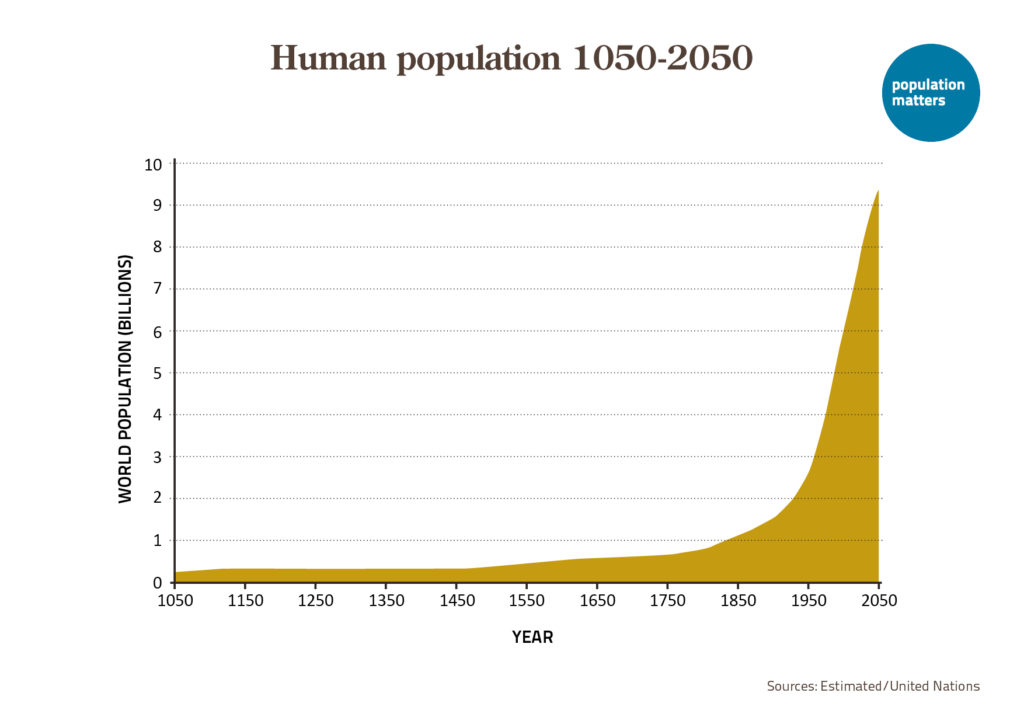
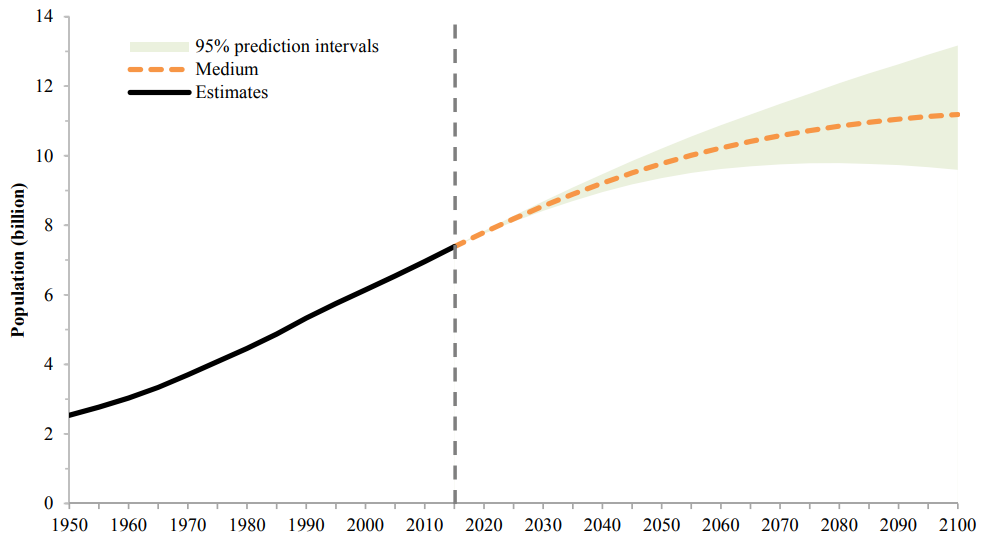
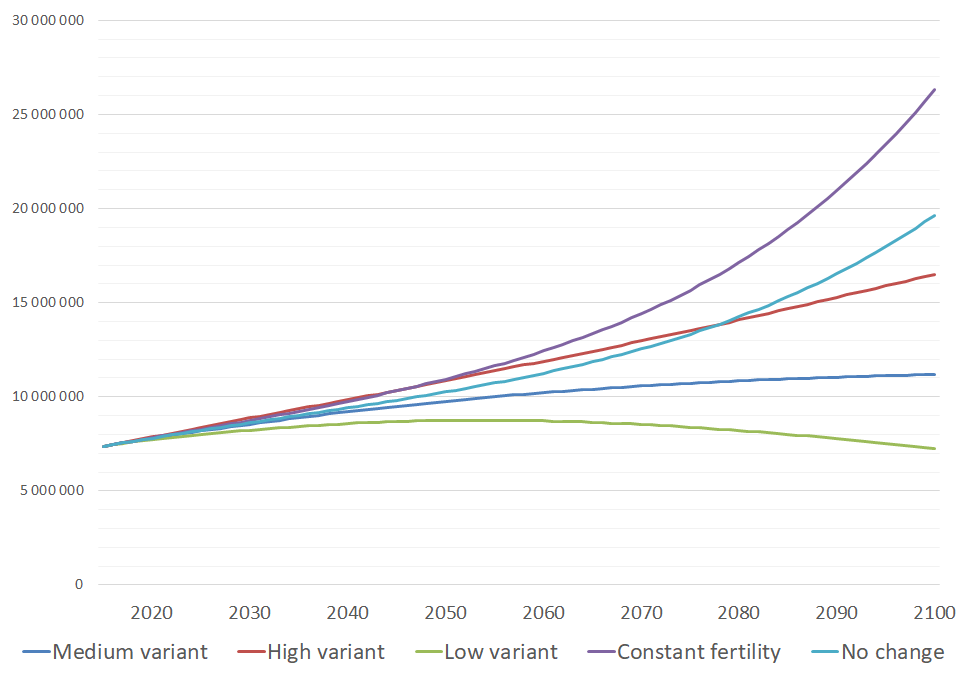
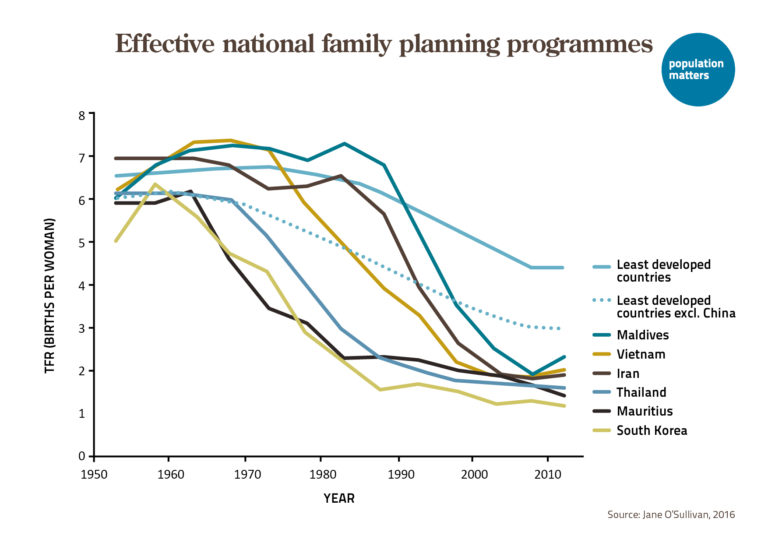

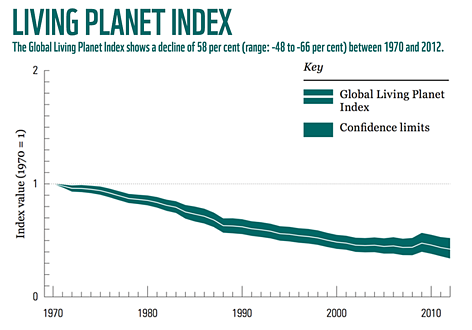
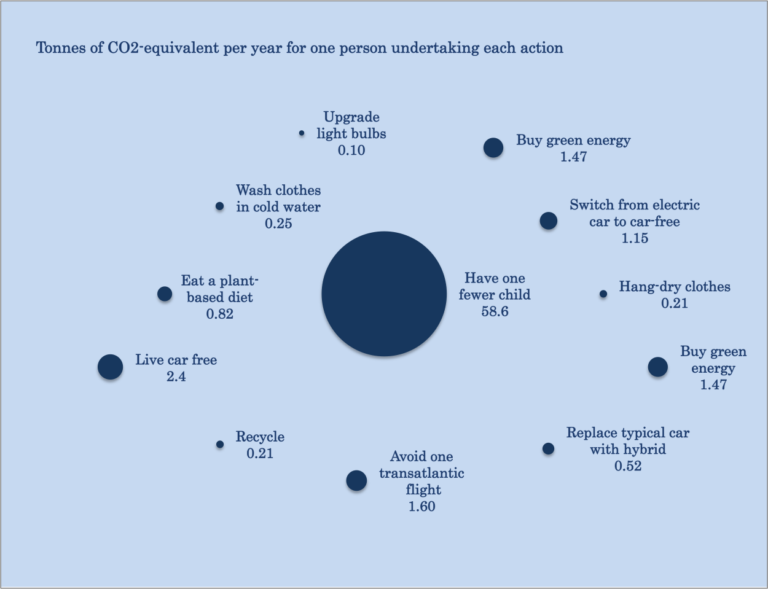
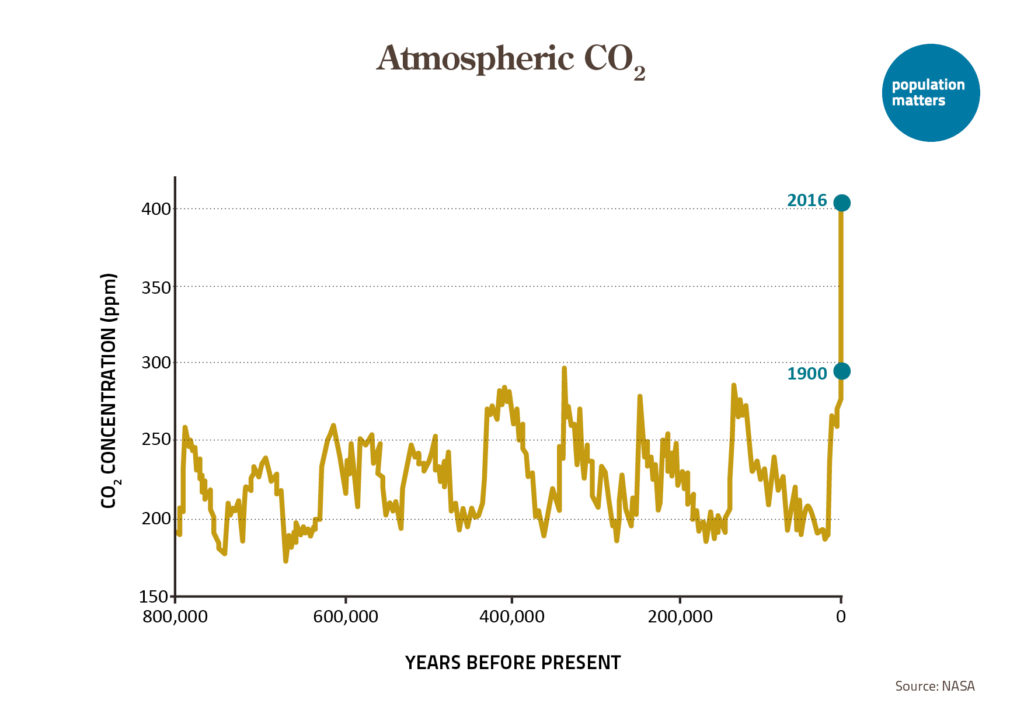
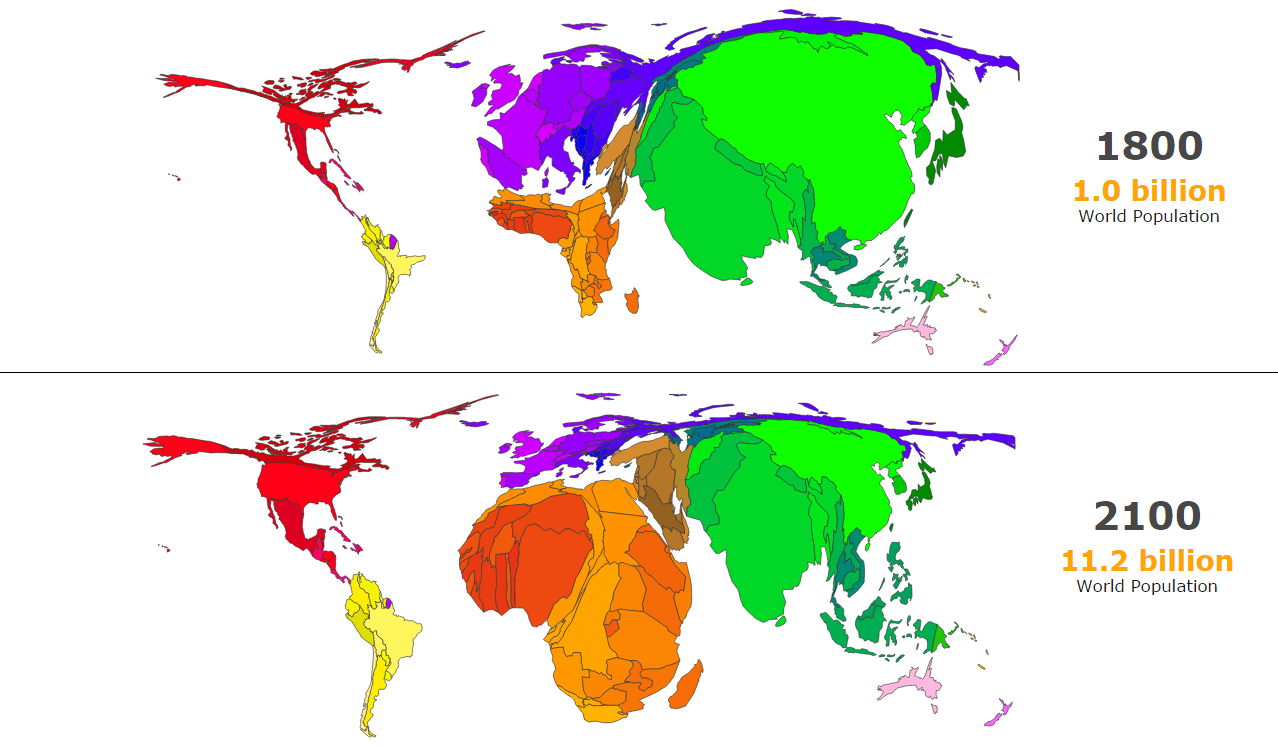
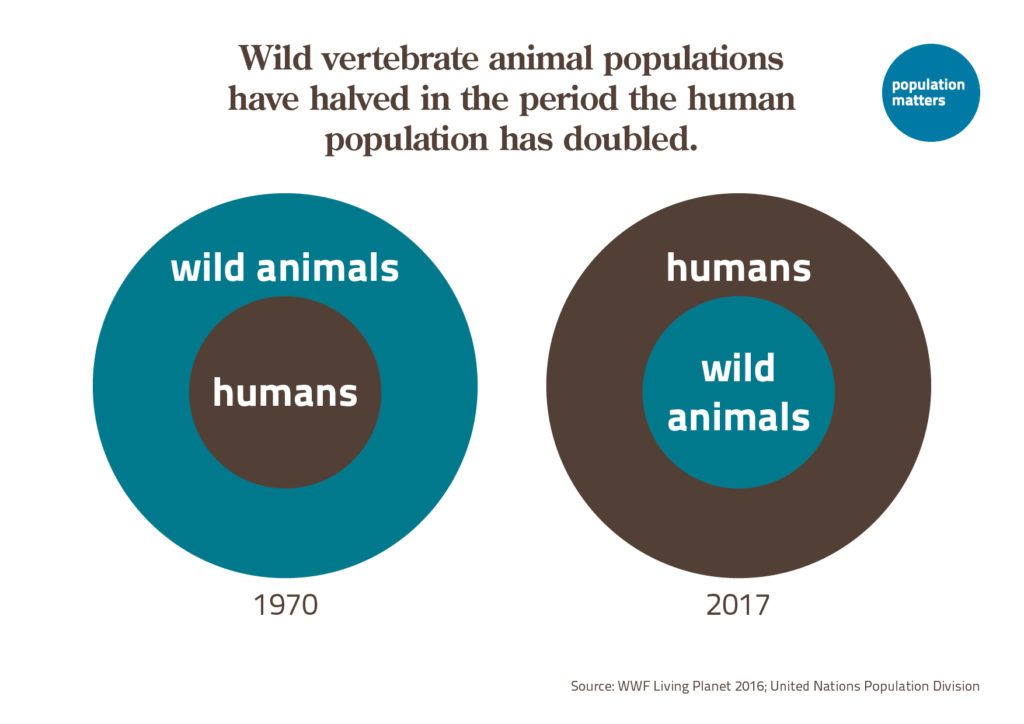
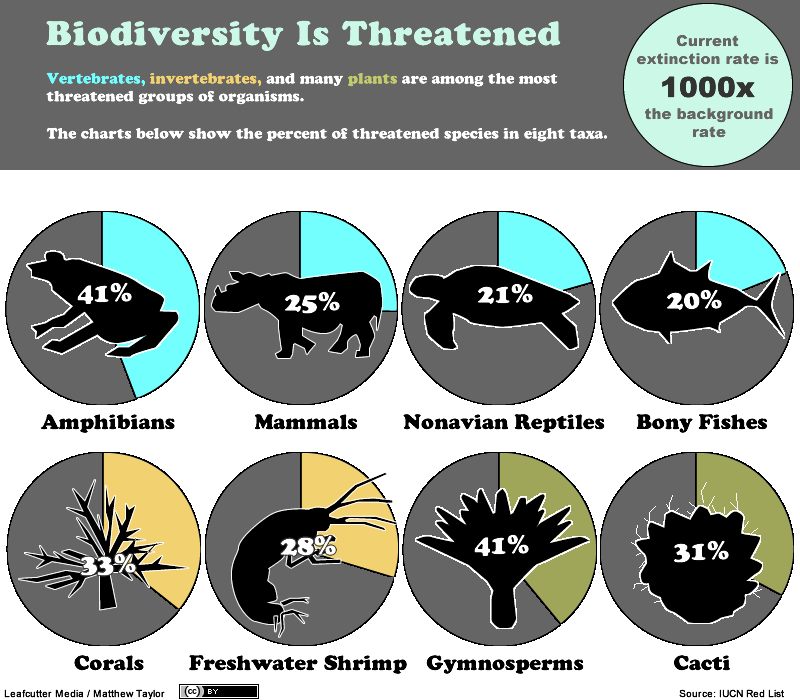
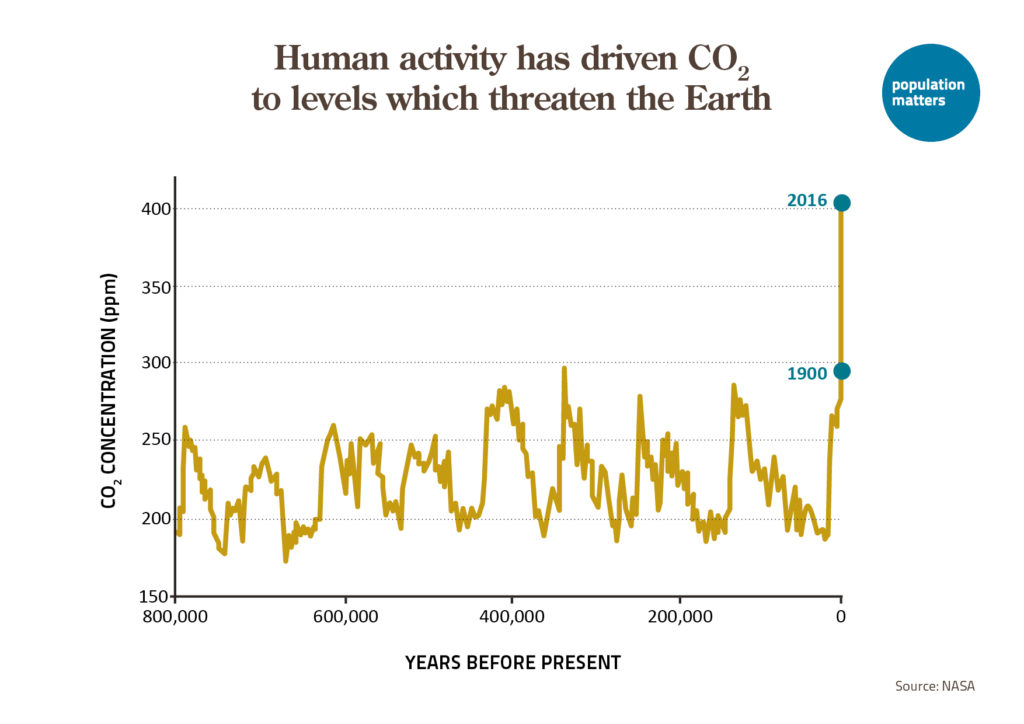
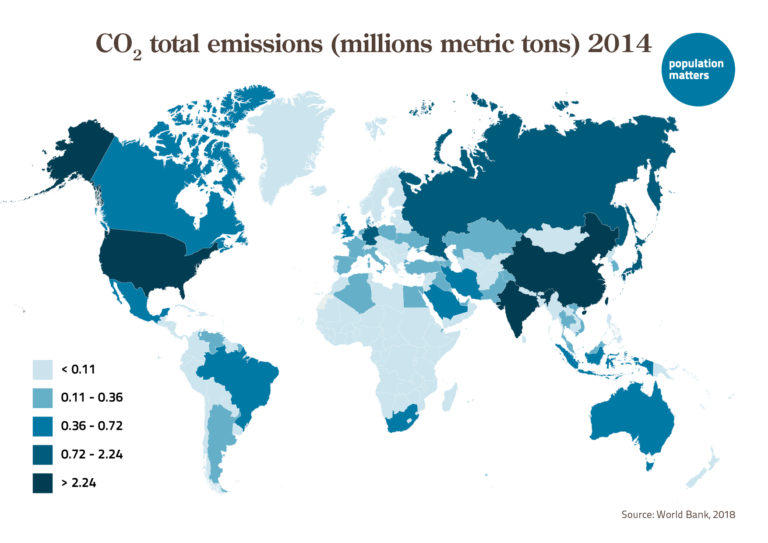

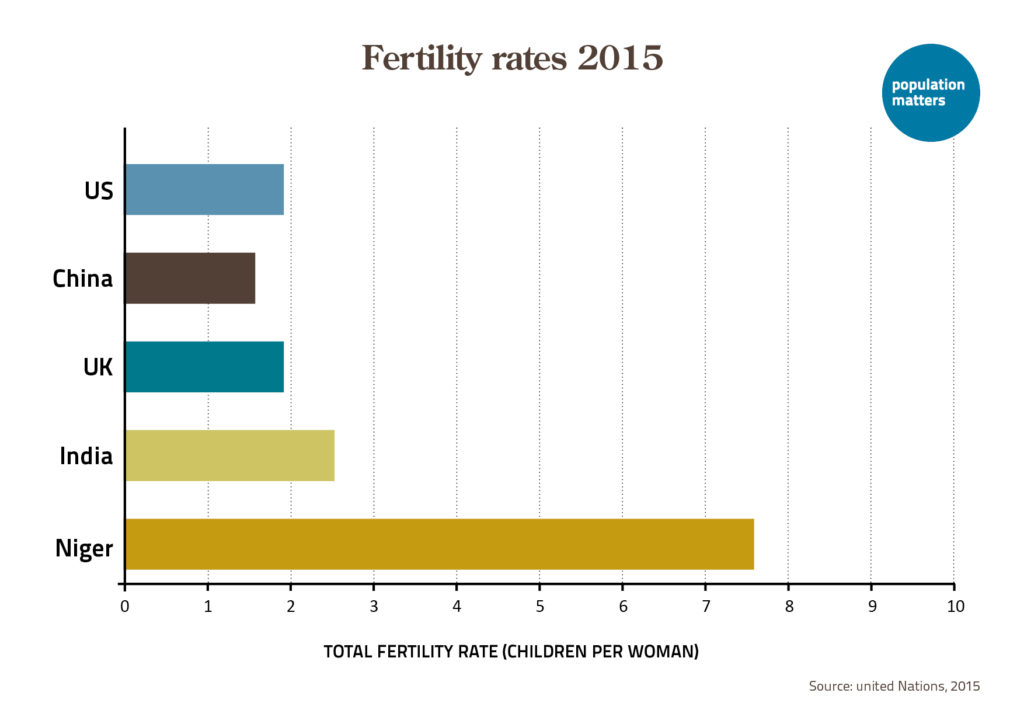
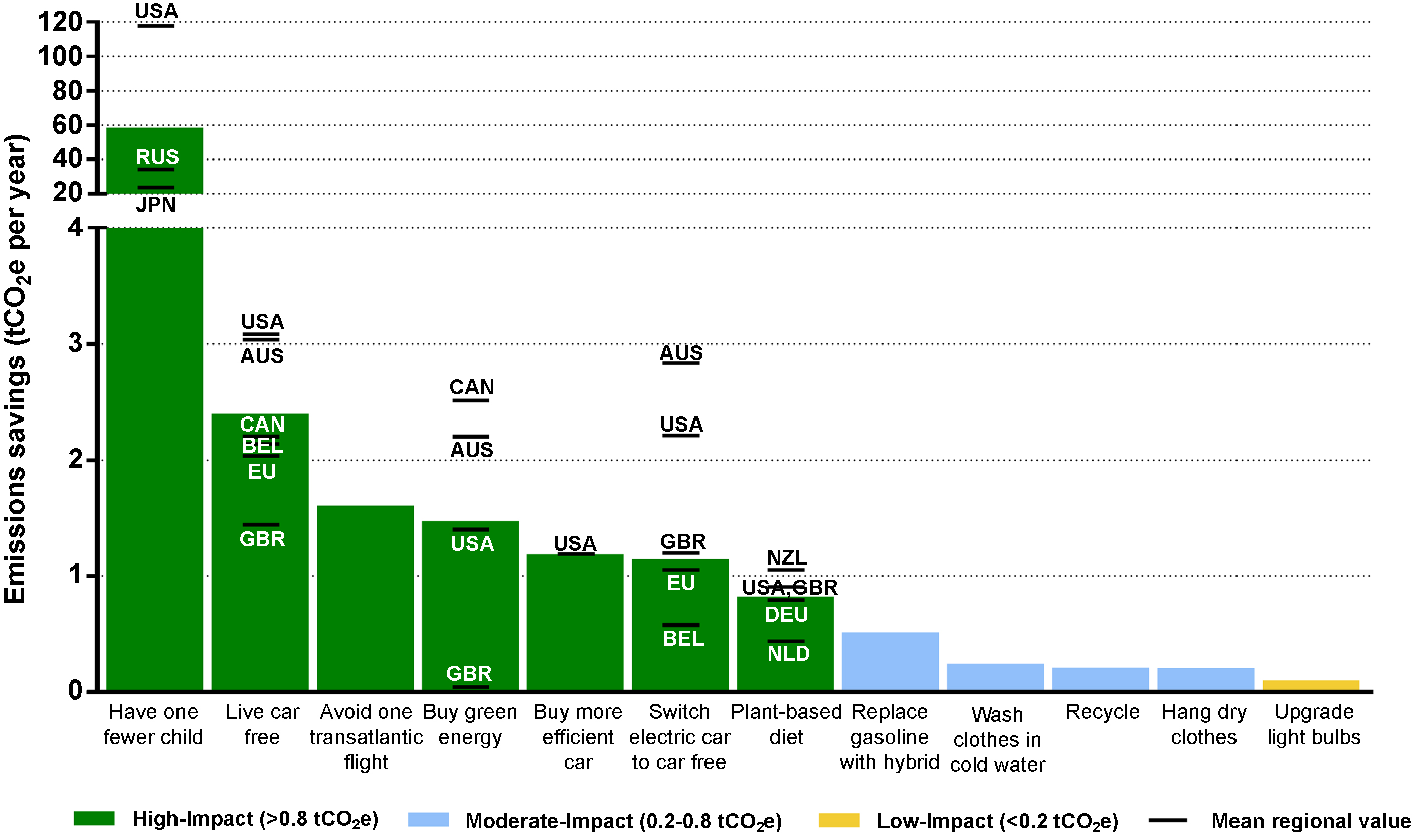



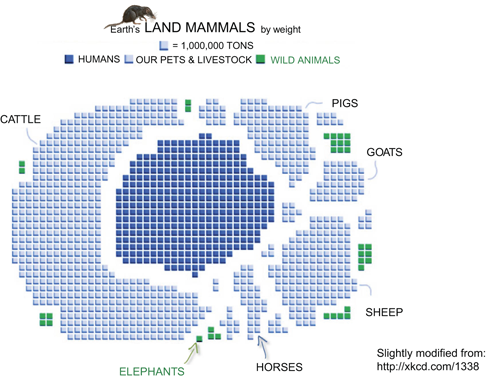

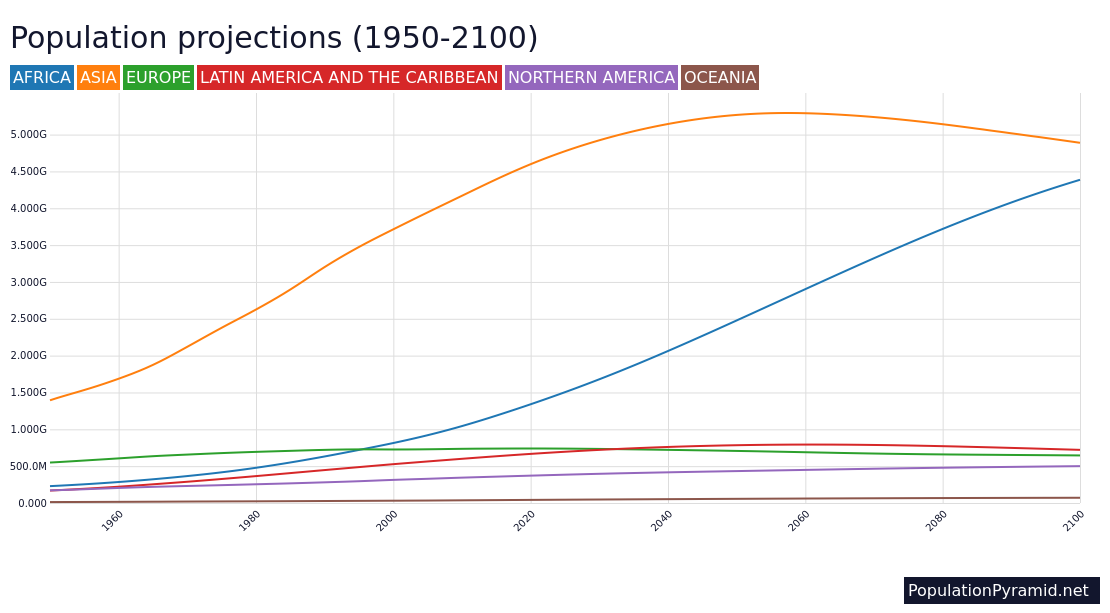
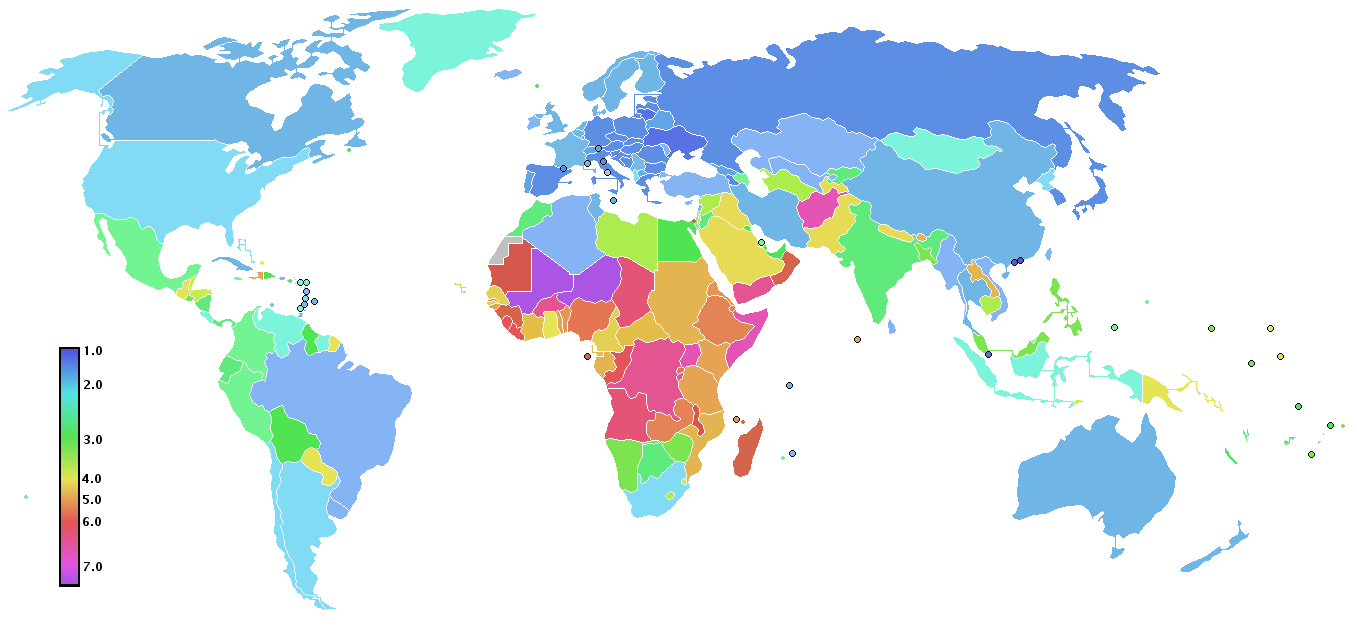
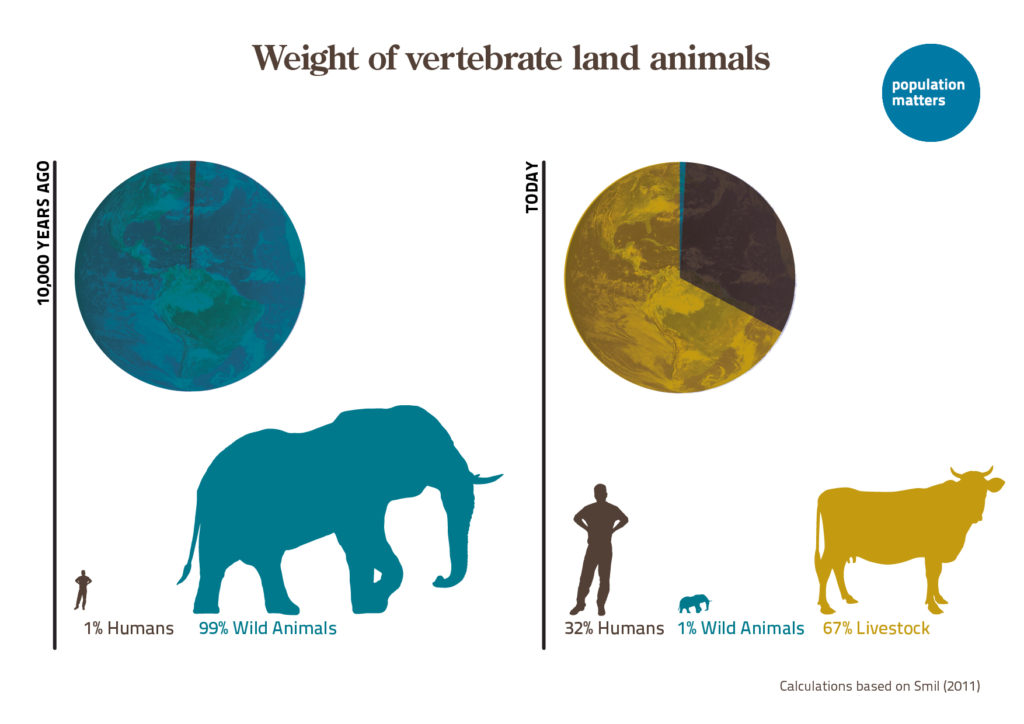

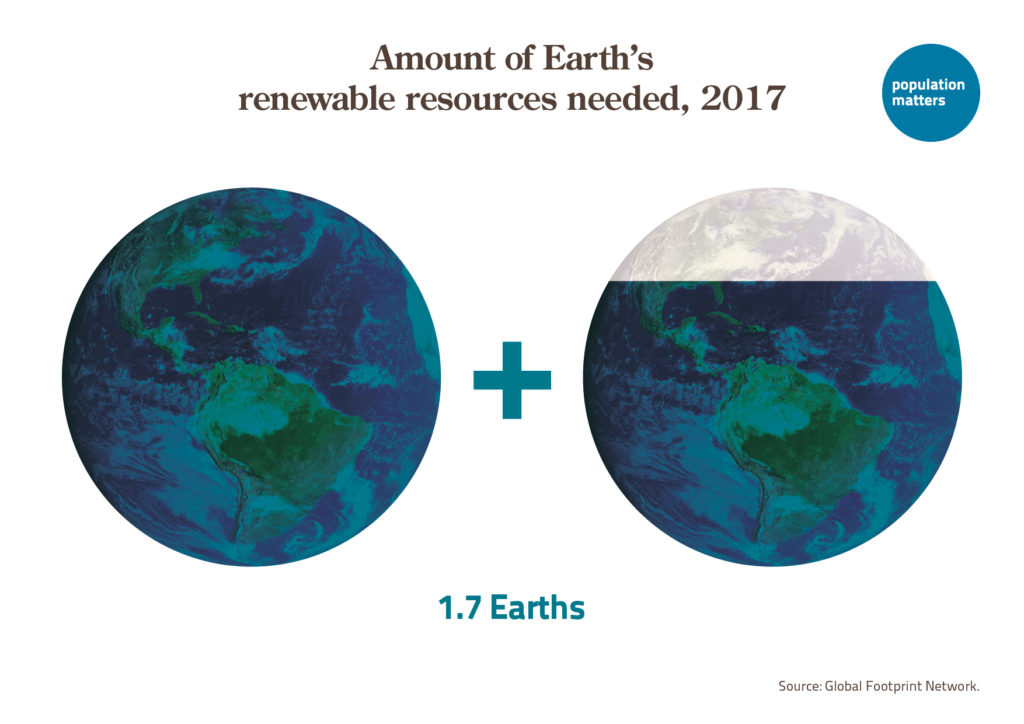


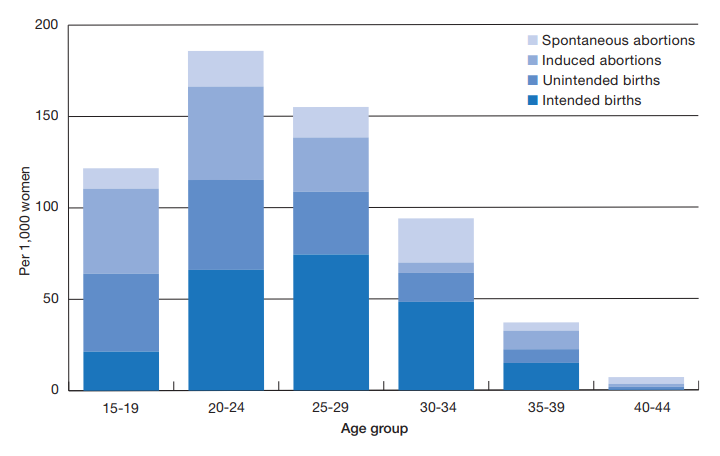
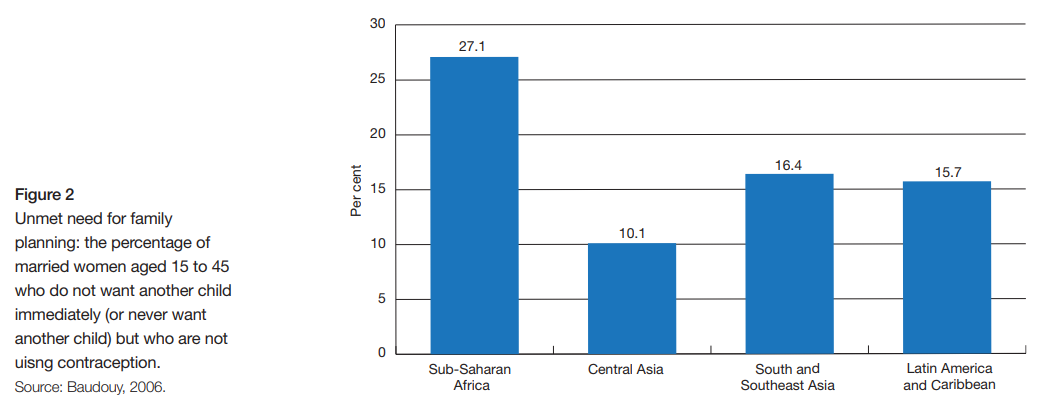
Leave a Reply